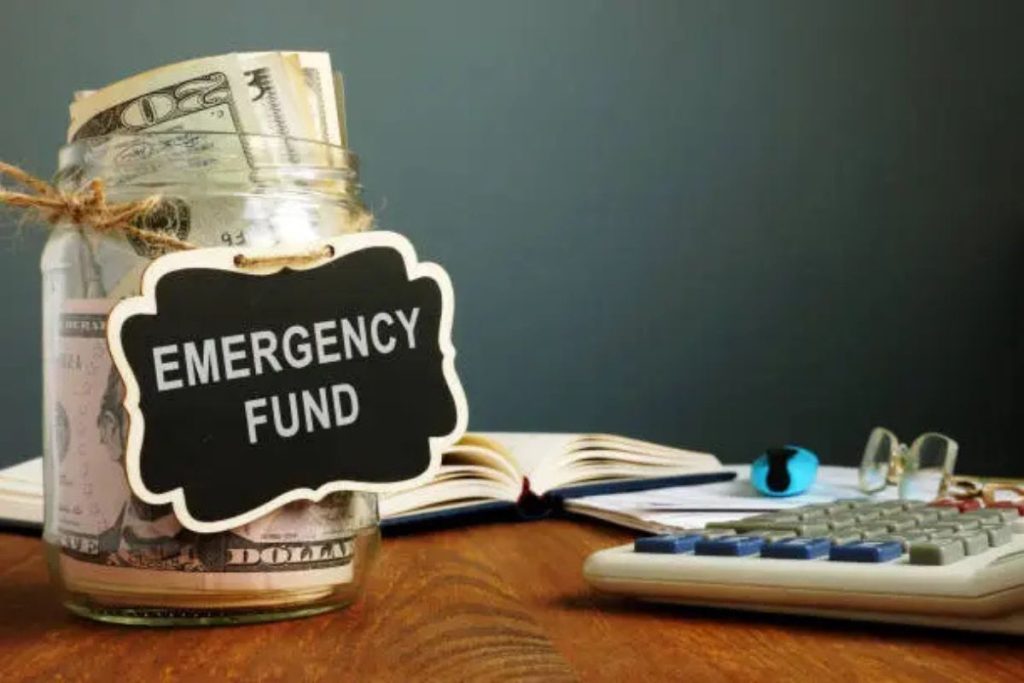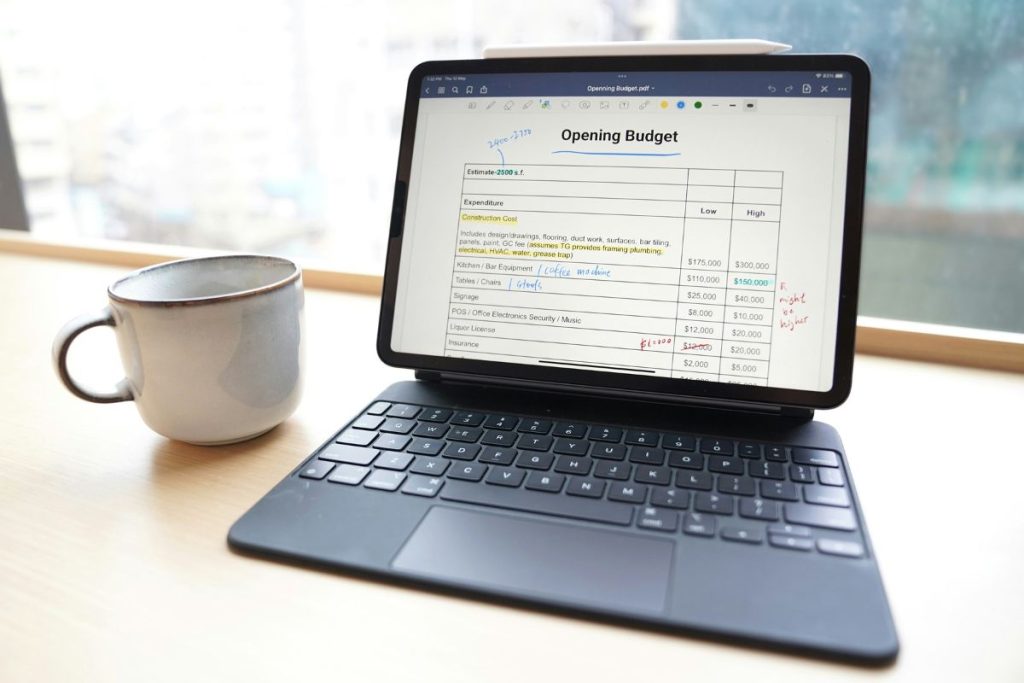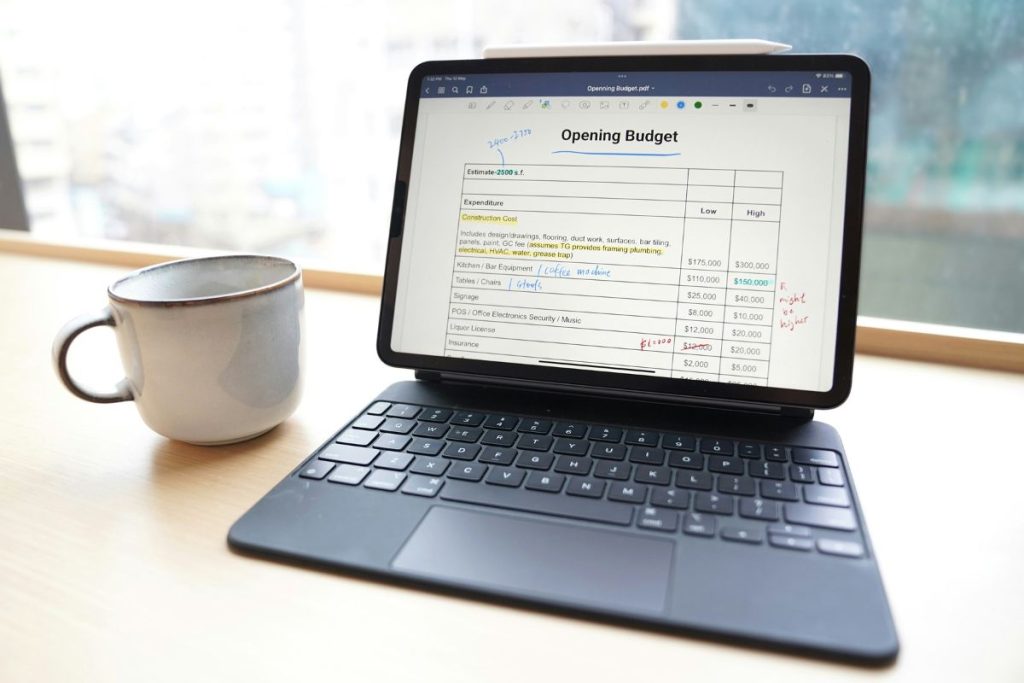A lot of things can happen before payday. A tyre blows out. Your boiler gives up. There’s a chance that an unexpected expense can be a real threat to your financial stability. But if you plan for these surprising costs, you can keep your money in order.
To help you come up with a contingency plan, here are some tips and habits that are designed to give you everything you need to avoid stress or getting into debt with unexpected expenses.
Build a realistic emergency fund
Even setting aside small savings creates a financial buffer that can soften any unexpected shocks. The key with building up emergency savings is to start where you are – don’t wait for the “right” time or a windfall.

Budgeting is a great starting point. Begin by working out how much you’d ideally want to have in reserve. One useful approach is to aim for at least three months’ worth of essential outgoings.
- Look at your monthly household income. Then list your non-negotiables. These are typically your rent or mortgage, utility bills, food and transport.
- Add these up and have that money set aside so you know what’s going to go out of your account and where it’s going to.
- Look at any money you have left over and decide on how much of that you want to make part of your achievable monthly savings goals.
For instance, if you want a £900 cushion and can save £30 a month, you’ll get there in 30 months – quicker if you find spare change in your budget.
Try to keep this money in a separate savings account as this makes it easier to leave it until a true emergency arises.
Use budgeting tools to forecast surprises

A regular budget tracks your spending, but it also helps you spot future bumps in the road. Free tools like the MoneyHelper Budget Planner let you map out your income and expenses, showing you where money might be disappearing to or where infrequent costs could trip you up.
Look back over the last six to 12 months of bank statements. Have you paid for car repairs, birthday gifts, school trips or dental work? These aren’t monthly bills, but they’re predictable in the long run. By factoring them into your budget, even in small monthly amounts, you avoid having to scramble for cash when they come around again.
Cut discretionary costs temporarily

When an emergency hits with unexpected expenses and your savings can’t quite stretch, reducing non-essential spending can make a real difference – at least in the short term. Scan your bank account for subscriptions you don’t use often, like streaming services or apps. Pausing them for a few months can free up extra cash right away. Switching to a more affordable phone contract or broadband deal is another quick win.
Also, look at your food spending. Try switching supermarkets and plan your meals in advance. By making a list before shopping and cooking from scratch where possible, this can be cost effective, especially when batch cooking.
Know when to borrow – responsibly
Sometimes, despite your best efforts, the cost is too high to cover on your own. In that case, borrowing may be necessary.

How you borrow matters. You might choose to apply for a loan to cover an urgent cost. Just be sure it’s affordable and from a reputable lender.
Credit unions offer fair interest rates and manageable terms, especially compared to quick-fix finance options. If you’re on certain benefits, you may be eligible for a budgeting advance from Universal Credit, which can cover essential one-off expenses.
Responsible borrowing can actually work in your favour. If you make payments on time and don’t miss deadlines, you build a positive credit record. That demonstrates financial reliability, which helps you access better borrowing options in the future – often with lower interest rates and more flexible terms.
Unexpected expenses don’t have to wreck your finances. With forward planning and by making informed choices, you can protect yourself from the worst financial shocks and bounce back faster when life throws a curveball.
Some images courtesy of unsplash.com and pexels.com.












